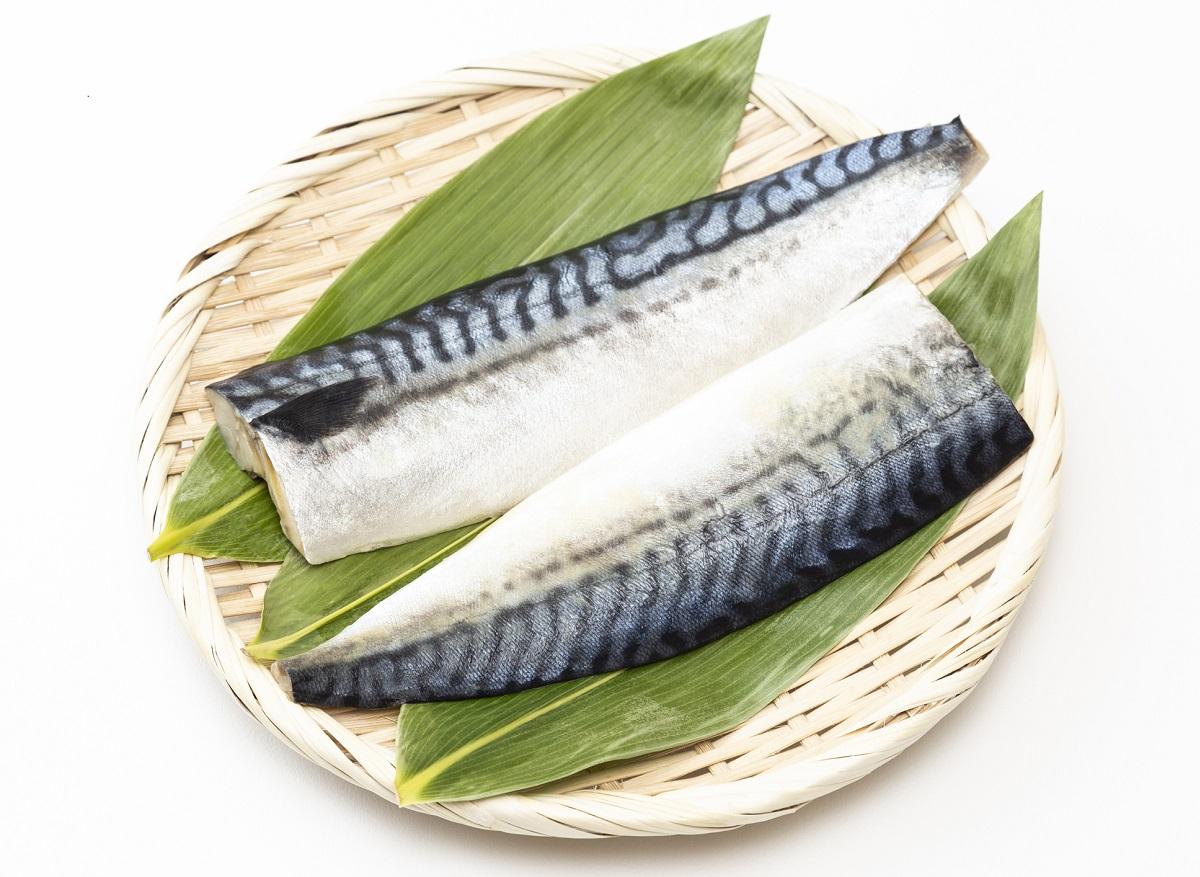Replacing red meat with small fish like sardines or anchovies would be good for your health and reduce the number of deaths from diet-related diseases.

- Replacing red meat with forage fish could save up to 750,000 lives per year in 2050.
- Eating sardines rather than beef would also reduce the prevalence of disability as a result of diet-related illness.
- The researchers recommend multi-sectoral coordination and policy action to promote the consumption of small marine fish.
Red meat is one of the most consumed and appreciated in the world. But the latter is not always good for our body. Excessive consumption increases the risk of cancer, cardiovascular disease or diabetes.
So where should we turn to protect our health? We should focus on forage fish such as sardines, herring and anchovies, according to a study published in the journal BMJ Global Health.
Sardines, herring, anchovies: these fish help fight heart disease
Marine forage fish, such as sardines and anchovies, are rich in omega-3 long-chain polyunsaturated fatty acids (DHA and EPA), calcium and vitamin B12. Another plus: they also have a very low carbon footprint. However, three-quarters of current catches are ground to become flour and oil used mainly in fish farming. The researchers wanted to determine if these small fish would be more interesting to put on our plate, and thus replace red meat.
To answer this question, the researchers created four different scenarios: each representing a different pattern of forage fish consumption rates. For this modeling, they used data on projected consumption of red meat in 2050 for 137 countries and those concerning fishing for this type of fish. The analysis shows that if sardines, anchovies or even herring enter our kitchens on a massive scale to replace beef, pork and lamb, global health would be particularly improved, particularly in terms of reducing the occurrence of diseases. coronary artery disease.
“On a global scale, this approach could avoid between 500,000 and 750,000 deaths per year due to diet-related diseases in 2050, and in particular deaths linked to coronary heart diseases, and could avoid 8 to 15 million years of lives lived with disability, most of which are concentrated in low- and middle-income countries.notes the team in his press release.

Replacing red meat with fish: several obstacles identified
The scientists behind this work recognize that the limited supply of forage fish is not enough to replace all red meat. But this could, according to them, increase daily fish consumption per capita and bring it closer to the recommended level of 40 kcal in most countries. Choosing sardines over beef could also reduce deaths from coronary heart disease, stroke, diabetes and bowel cancer by 2% in 2050, according to their calculations.
“Despite the theoretical potential of forage fish, several barriers, such as fishmeal and fish oil processing, overfishing, climate change and cultural acceptance, may prevent the realization of the health benefits of forage fish. health”, specify the authors of the study. “Multi-sectoral policy coordination and action (e.g. prioritizing access to affordable fish, such as forage fish, to the poor and promoting the use of nutrient-rich microalgae for fish feed) could help to overcome some of these obstacles”they suggest.

















